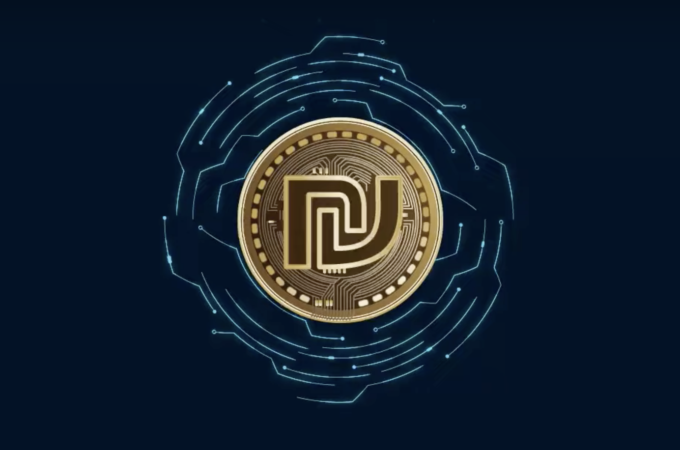Smart Data Is at the Core of FinTech Innovation
By LTP
Big Data is so yesterday’s news in the face of the true engine of FinTech innovation – Smart Data. Meaningful versatile data even in a limited stream is far more potent in fueling better financial services and financial inclusion than a vast but irrelevant warehouse of information. Smart data represents a more sophisticated approach to data collection and analysis, focusing on meaningful pieces of information for more accurate decisions. Coupled with advanced capabilities of AI and machine learning solutions, smart data presents an opportunity for startups to efficiently derive deeper insights from limited, but relevant data points.
However, would be a mistake to consider smart data as a limited big data. Smart data is also an aggregation of alternative streams, not always connected to company’s solution. We have discussed before the increasing importance and use of alternative data; and in connection with smart data, it is a piece of a whole.
There is more to the advantages of smart data than increased efficiency of business processes and higher accuracy of decision-making. Big data mounts on the ability to gather and store the vast amount of information. It means that the consumer-facing part of the solution needs to be encumbered with a frustrating necessity to enable access to that data and appropriate concern over personal security. The approach that leverages smart data, on the contrary, is able to minimize that discomfort while maximizing the benefit of limited but relevant pieces of information accessed.
We have mentioned higher efficiency and accuracy of decision-making processes along with the minimization of discomfort and security concerns for customers over enabling access to vast personal data as some of the most important advantages of smart data use. There is, however, another, very deep, difference that the use of smart data makes.
Big data analytics is often built by collection, storage and over-and-over analysis of historical records of one’s use of a service/product. While it is certainly important to take into account historical data to pivot solutions, that is still old data that has been relevant at some point in the past. The analysis of historical records on the way a particular user behaved with a solution often lies at the base of the next offer. Smart data is predictive and highly versatile.
Probably the closest comparison of the capabilities of big and smart data is in the consequences of the Web search of a product or service. Often when one performs a search of an online credit, for example, the offers of various loans will haunt that person in browser pages a long time after even if the solution was chosen and applied for. But if someone already found and chose a particular product/service, why waste resources in advertising the same? Bright data scientists would try to understand what would a person need next? For what particular investment did that person need a loan? In this case, smart data scientist would look at a history of searches prior to the search of a loan to understand what is the particular need and trigger an offer tailored to that need or understand what is the best bundle for an online loan to offer next.
Hence, smart data is a powerful personalization tool. Smart data is always relevant, and it can create offers relevant to particular needs. Putting together alternative sources of relevant data from the past and present can show the way ahead and suggest the next move and next relevant offer that would lure a potential client.
In 2016, there are hardly any financial institutions that do not rely on any sort of data as a source of insights to support the decision-making process. In fact, in Europe alone in the last six months, there has been an overall increase in the demand for data scientists of 45%. In a matter of smart data use in the financial services industry, FinTech startups proved to be more imaginative due to the constraint of resources and market power. When not able to compete on the scale of data available to international financial institutions, agile FinTech competitors paved and alternative path by cutting through the noise of infinite irrelevant data to cater to the exact needs and interests of the customer base.
First appeared at LTP





